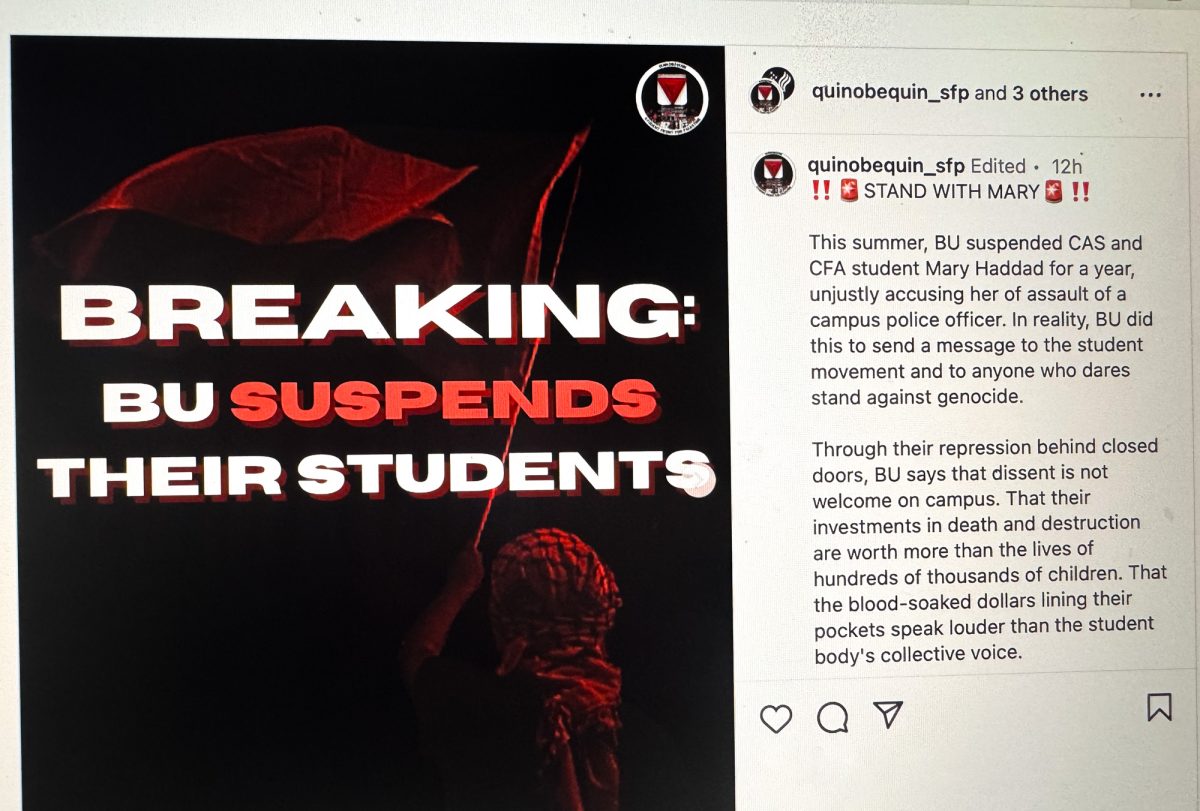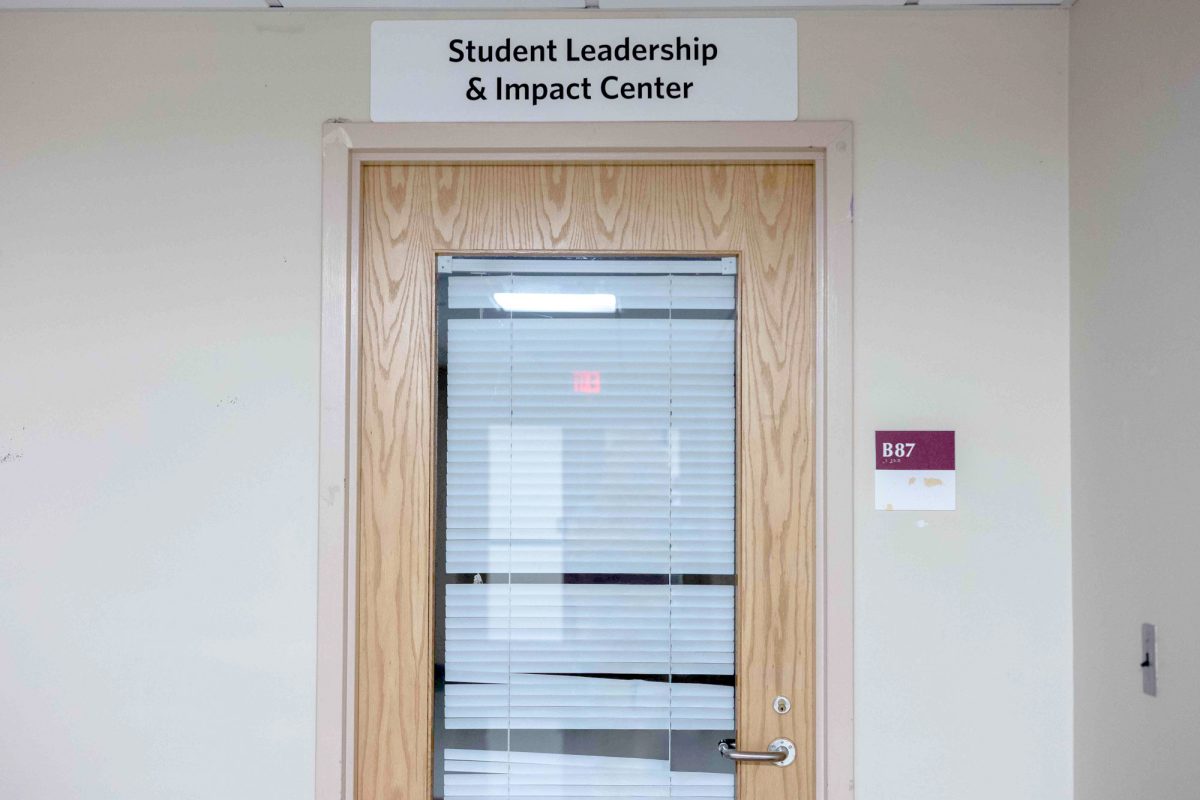Officials from Boston University’s Digital Learning Initiative held a lecture Tuesday highlighting the impact of Massive Open Online Courses on the changing world of online education.
DLI Associate Director Romy Ruukel discussed BU’s plan to expand its online teaching curriculum in the next school year, when BU’s first MOOCs will be available on the platform edX.
“Decades after the personal computer and the internet, we are still talking of educational technology so much of the time as either good or bad versus how has it changed the world,” Ruukel said. “As an educator, which information age are we preparing our students for: the one that we know or the one that they will know?”
During the lecture Ruukel said she hopes to see MOOCs venture into the global realm in order to provide students across the world with the benefits of online education.
“I would like MOOCs to move out of only being largely in English and offered by western universities,” she said. “I am hoping to find the multiplicity of narratives and maybe a discovery of pedagogies that are lying dormant right now.”
Online education is become a growing presence in the educational world as the number of full time students is fast decreasing, Ruukel said.
“If we look at the student in the United States alone in the year 2013, less than half of them could be considered full-time students,” Ruukel said. “They are now in the minority.”
Ruukel said the MOOCs developed by DLI officials for the Fall 2014 semester will prove the effectiveness of the intriguing new innovative method of teaching and promote conversation about alternative styles of education.
“Certainly the four — or hopefully five — MOOCs that will go up this year are a proof of concept in some way, and conversations of what happens after that are evolving,” Ruukel said. “At a very basic level, it’s causing people to talk about it more about pedagogy and effective pedagogy, about teaching and learning in a way that may not has been as central recently.”
One of the courses will cover sabermetrics, or an advanced form of baseball statistics, said College of General Studies senior lecturer Andy Andres. After teaching a similar course in person at the Massachusetts Institute of Technology, he adapted a MOOC version for BU.
Andres said adapting the class to an online program was challenging.
“Because of the [online] format, I cannot rely on face-to-face interactions,” he said. “I have to really think about how to teach this well right from the start.”
One of the primary benefits of MOOCs is their accessibility to students who may not have the opportunity to attend the university, thereby removing an education barrier, Andres said.
“I would say it [the use of MOOCs] is part of the democratization of learning,” he said. “Students who would normally not have the chance to take a class at BU or anywhere now can take this course. That is a huge part of just general access to education, which I am very much in favor of.”
Liliane Duséwoir, a senior romance studies lecturer at BU’s College of Arts and Sciences, said she attended the lecture in order to gain more knowledge for developing MOOCs within her discipline.
“The Romance Studies Program is considering MOOCs and involving itself and committing itself to online education,” Duséwoir said. “… I was really interested on how BU is committing to itself to it, and I was really interested to learn that there are four courses that are going to be offered this fall.”























































































































